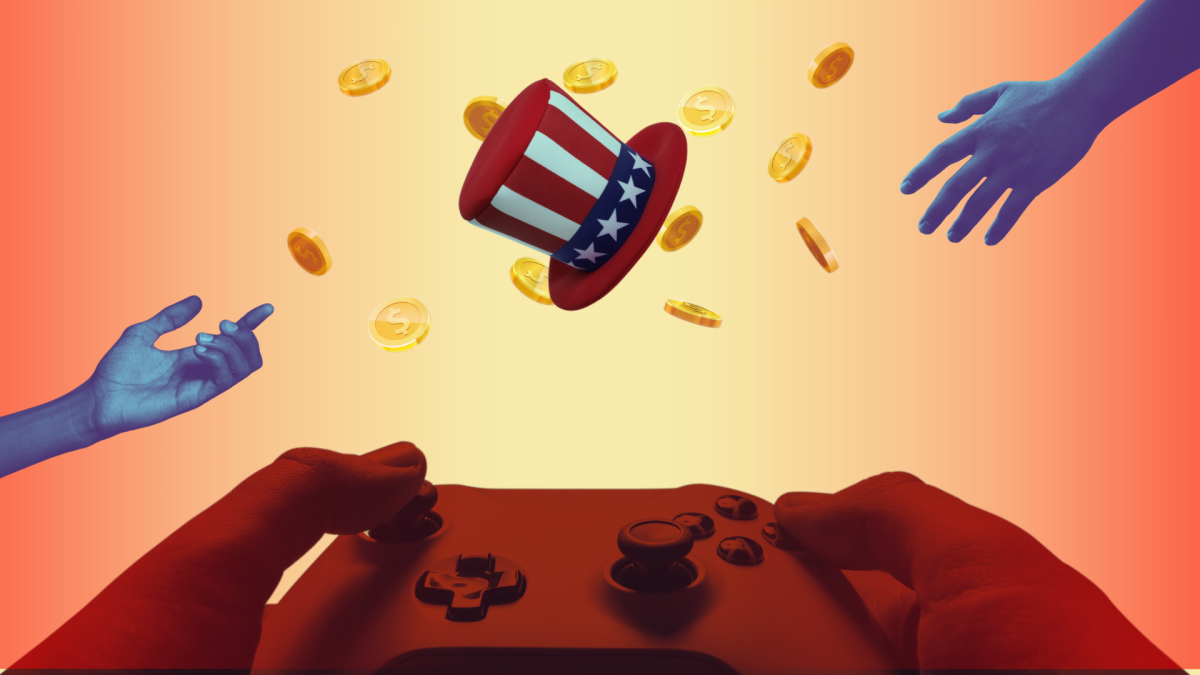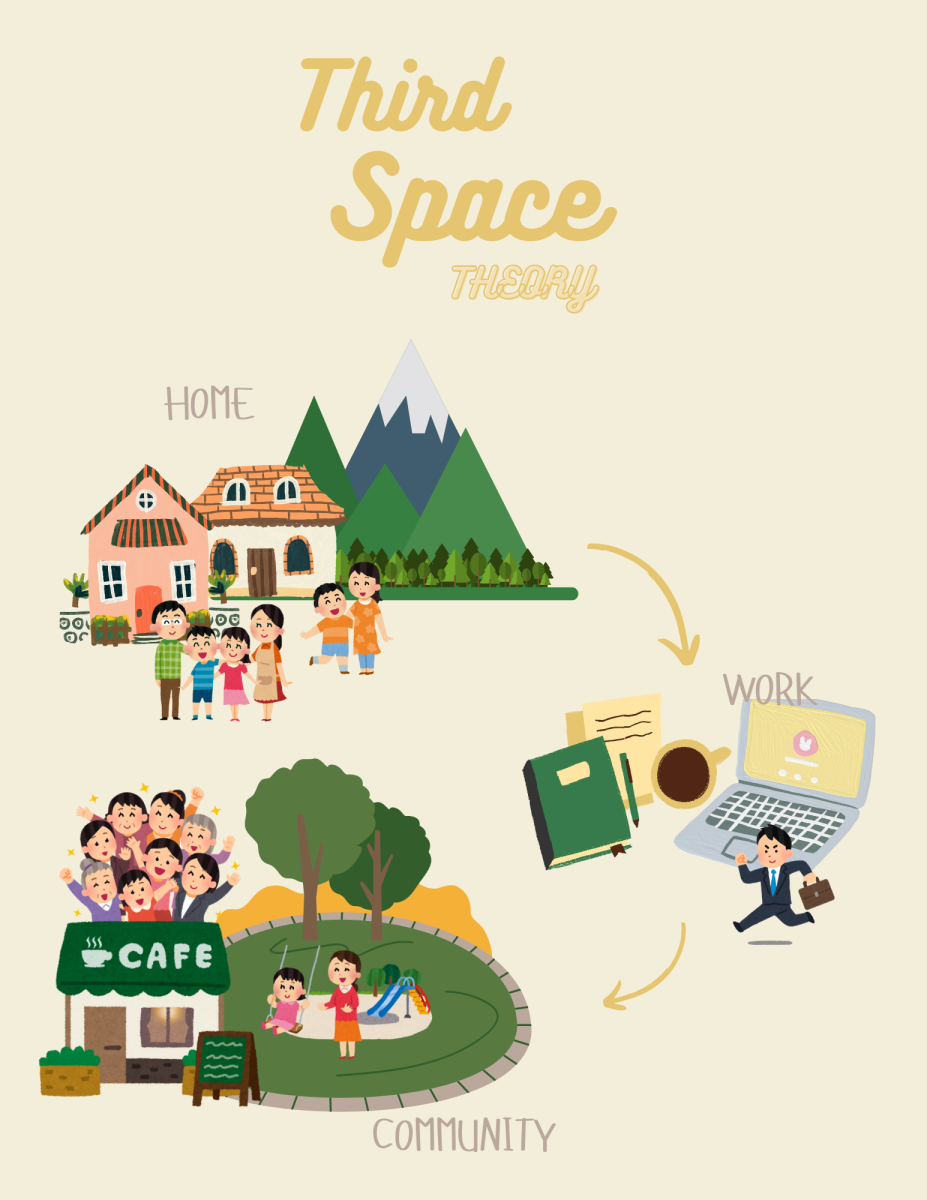Life is hard. Success and failure can feel arbitrary and random. Human relations are fraught with misunderstandings, betrayals and disappointments.
We live in a uncertain world, where no one can imagine a future. But in the face of this we fight on. Trying to better understand the world, ourselves, and others…or…you could game.
It is not a coincidence that in a time of unprecedented job insecurity and political nihilism, video games have become not just a piece of media or entertainment but a symptom of our neurotic times.
People binge watch tv shows, nerds read the same book over-and-over again for hours, and the average person spends many hours a day on social media. But it is only games that offer a simulacrum of the risk/reward relationships that exist in the real world and in doing so are anti-social and it is only video games that has produced the self-identifying “gamer”.
Isolating dedicated gamers from the world and providing, in intense detail, a simulation so satisfying and immersive as to provide a kind of methadone in lieu of real dynamic relations with others. We hear often that video games are art, however I disagree.
Perhaps you remember “gamer-gate” in which large vectors of male society had a absolute tantrum when their games were scrutinized in the way that all “art” is scrutinized. If games are art lets critique it like art. What kind of values does it represent? How does it change the user? Who does it cater to and who does it alienate? How does it represent groups of people?
Nearly all modern single player video games function like this: You start with nothing, you are at a zero point, you are presented with a hierarchy of tasks that contain greater and greater risks and rewards. In order to accomplish things in the game world you must accrue money and items by working your way up the ladder of challenges.
The ethical substance of video games is an ersatz of late capitalism. The endless accumulation of resources and measurement of power by how effectively one can dominate over others, both real and digital, feeds the corrosive ideology of anti-collectivism and expresses, in perhaps one of its purest forms, the hedonistic solipsism of hyper-consumerism. Local multi-player is almost non existence in modern gaming and loot crates have incorporated loot crates. The times of playing together with friends is over. Modern games are designed to be played alone for many many hours.
I argue that games are an opiate like product. Millions of, mostly men, are pouring their creative and competitive energies, their anima, into a sterile box. Instead of feeling and acting in the real world and experiencing the fulfilling, exhilarating and sometimes terrifying experience of being a person in a complicated and combative world we are given an option to opt out.
We need to be more present than ever in our age. We need to stop gaming.













